[GUEST POST] How the Gamification of Self-Care Can Mitigate the Mental Health Crisis
Disclaimer: Guest posts represent the diversity of opinion within the world of gamification, and the views and opinions expressed in guest articles are those of the author.
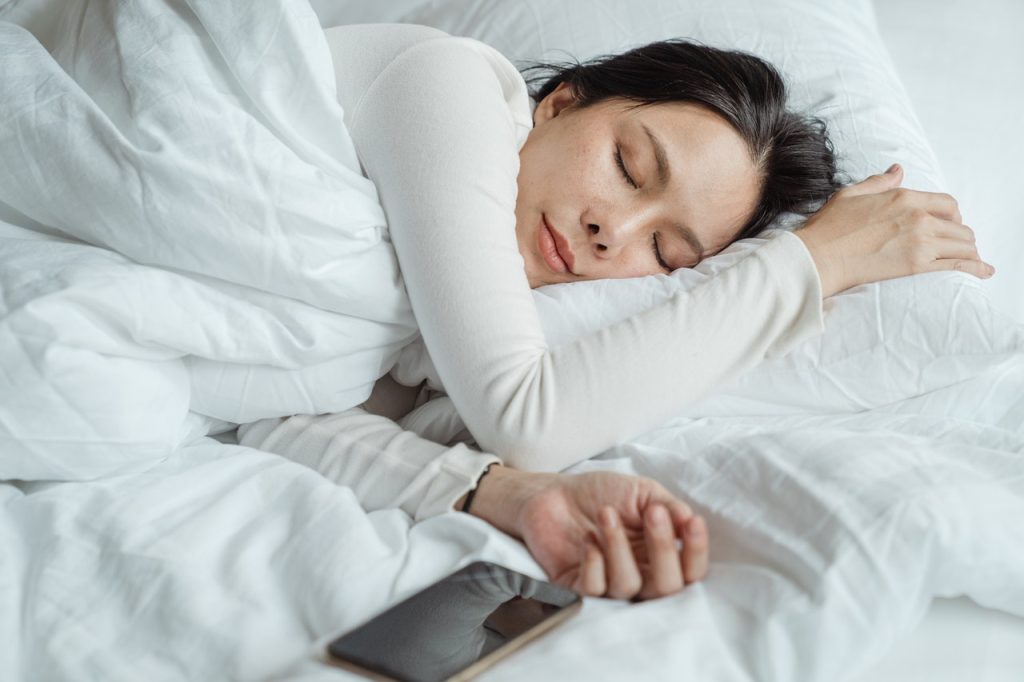
Image Source: Pexels
As we start to get used to a post-pandemic society, the United States is facing another major issue — a mental health crisis. It should come as no surprise after two years of consistent turmoil, many people are at their breaking point. In addition to the pandemic, we’re living in times of social unrest, violence, political discord, and so much more.
All of this stress has left many people struggling to take care of themselves – physically and emotionally.
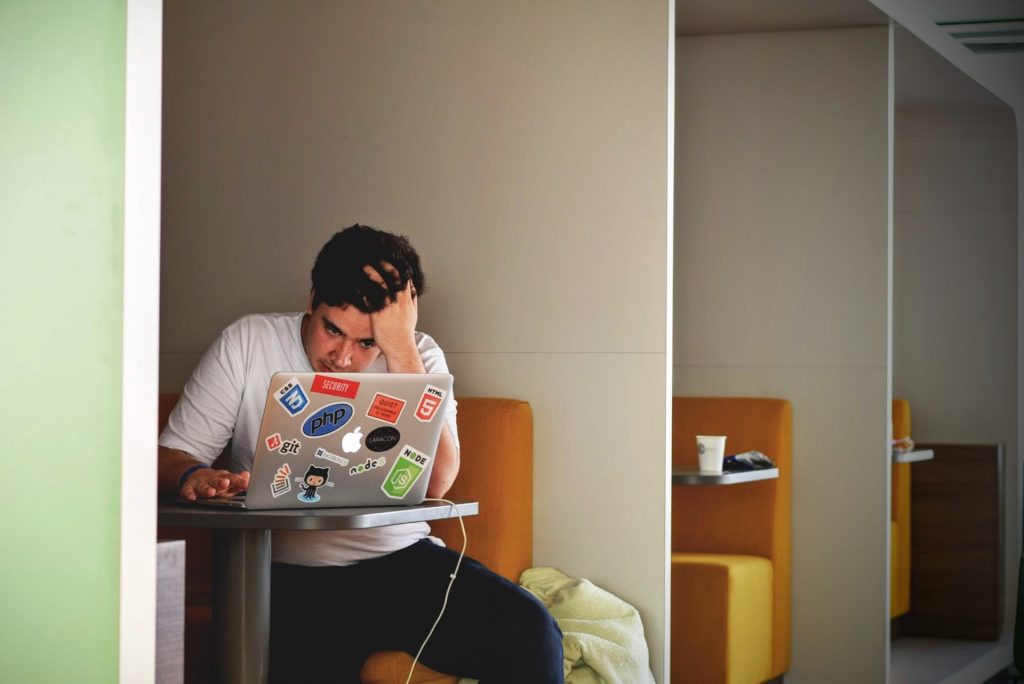
Image Source: Pexel
Self-care has grown in popularity as a buzzword in recent years as a response to this growing turmoil, but fewer people are putting it into practice as stress and anxiety take over. However, self-care is more than just a marketing term, and it’s certainly more than something reserved for the wealthy or those with a lot of free time.
If you’re having trouble squeezing a self-care routine into your life, consider gamifying it.
Gamifying is the process of creating a system of rewards and incentives. In the past, others have taken the same approach with exercise and even healthy eating habits. Now, you can take the same approach with self-care. For each act of self-care you do, you’ll “reward” yourself, which can help to instill healthy habits that will last a lifetime.
Let’s take a closer look at how you can gamify your self-care routine and hard-wire your brain to take better care of yourself. By incentivizing good habits and working to eliminate bad ones, you can reduce stress, let go of anxiety, manage your mental health, and have fun in the process.
Go Digital With Healthy Habits
One of the easiest ways to start gamifying your self-care routine is by using actual games and apps to do it.
Because of the importance of self-care, several groups have released apps specifically designed to motivate you. Some of them are as fun as a video game and can help you establish healthy habits with ease.
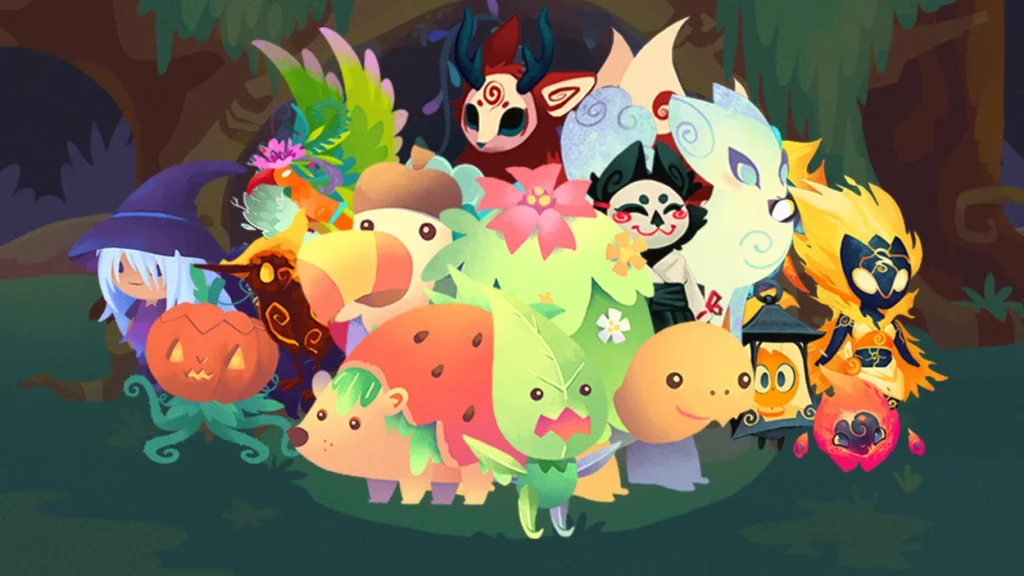
Image Source: MIT Media Lab/Affective Computing Group
For example, the Affective Computing Group at MIT came up with an app called The Guardians: Unite the Realms. While it might sound like the latest RPG craze, the premise is to invest in your own well-being to progress forward in the game. It focuses on behavioral activation, a proven therapy that can help with depression and motivate you to make healthier choices. Some of the suggested “adventures” in the game include:
- Do the dishes;
- Spend time in nature;
- Learn a new dance;
- Write a poem.
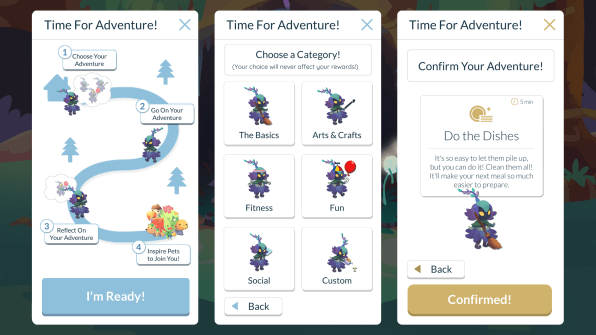
Image Source: MIT Media Lab/Affective Computing Group
Another effective app is Finch, which is essentially a self-care widget pet. If you’re a millennial who grew up playing with a Tamagotchi, this widget will feel all too familiar. However, instead of tapping a button to clean up after your pet or feed them, you’ll improve their well-being by completing positive tasks for yourself.
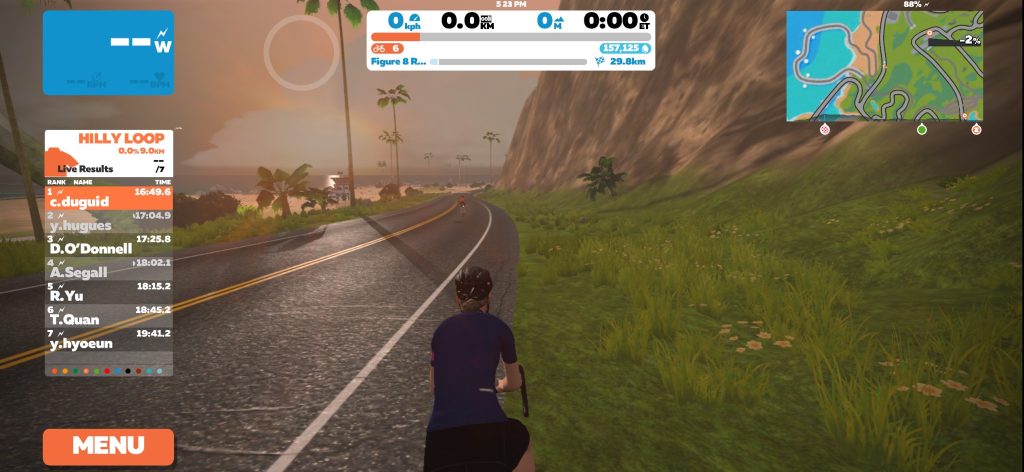
Image Source: Zwift
Even exercise has gone digital, with platforms like Zwift making it easy for those who love biking and spin classes to feel like they can travel anywhere in the world without leaving their home or gym. Exercise is a huge part of self-care, so no matter how you get your physical activity, finding a way to keep it fun and exciting will help to ensure you stick with it.
If you need help getting started with a self-care routine and you’re a tech-lover or gamer, these apps can make a big difference and can keep your healthy habits fun and exciting.
Take the Tech Out of Your Routine
You don’t have to utilize apps, actual games, or even a digital device to gamify your self-care routine. If you want to go more “old school” with your healthy habits, create small goals for yourself and build upon them over time.
For example, since drinking water is associated with a reduced risk of anxiety and depression, you can set a goal to drink more water during the day as a way to improve your mental health. You might start by setting a goal to drink more water during the day. You can gamify this by utilizing water bottles that incentivize you to drink more water throughout the day, or rewarding yourself with a small treat whenever you reach your goal.
As you start to get more comfortable with small gamification goals, you can start to establish even bigger and better self-care habits. These habits may range from making it to a counseling appointment once a month to regularly meditating or practicing mindfulness. For the latter two practices, you can increase your incentive to do so in a variety of ways, including making an ideal space for intentional relaxation in your own home. Using natural lighting is a great way to do that, and you can transform the brightness of a room by :
- Changing the paint color;
- Utilizing rugs and floor color;
- Bringing in plants;
- Brightening up your decor.
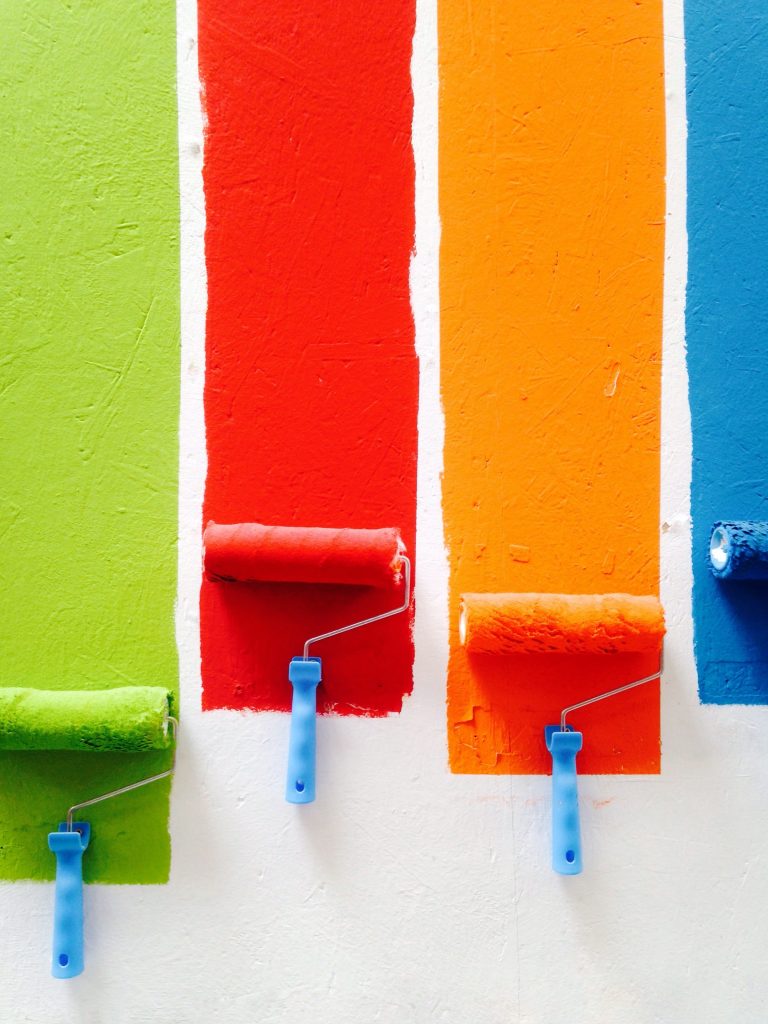
You can gamify healthy projects like these by setting deadlines for yourself to complete each task. Give yourself a time limit. See what you can get done in 30 minutes to one hour, and in a race against the clock, you’ll be shocked at all that you can get done. Or, you can always reward yourself with small breaks for each task you complete. Spend a small amount of time decorating and tidying up, and reward yourself by relaxing in that space to read a chapter of a good book.
No matter how you gamify your goals, combining large and small habits will be easier to stick to and won’t seem as overwhelming.
The Effectiveness of Gamifying Self-Care
Although these small gamification habits may seem small, they can have a ripple effect on the general mental health crisis plaguing the U.S. One study from 2019 found that 2 in 5 people rarely make time for themselves each day. Now, with this mental health crisis starting to take its toll, it’s more crucial than ever that self-care is a priority.
Whether it’s rewarding yourself for making regular counseling telemedicine appointments, or simply sticking with small habits and finding a way to incentivize them, gamification can serve as a wonderful motivator for healthy self-care routines. Even in today’s busy society, gamification encourages you to do something positive for yourself.
When you’re able to use self-care to reduce stress, find peace, and deal with anxiety and depression, gamification becomes even more important.
Consider using some of these suggestions to build better mental wellness habits, and enjoy yourself while you’re doing it. Eventually, you won’t need to incentivize your self-care routine — the betterment of your mental health will be the ultimate reward.

